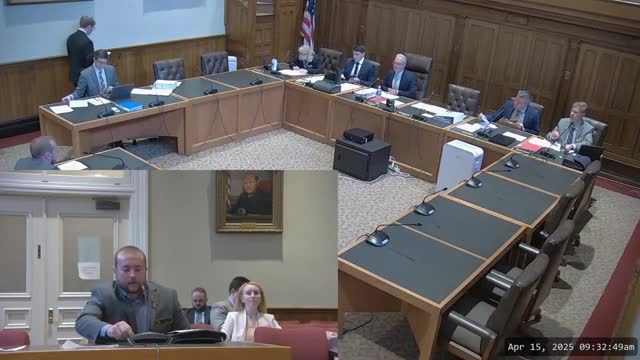Article not found
This article is no longer available. But don't worry—we've gathered other articles that discuss the same topic.
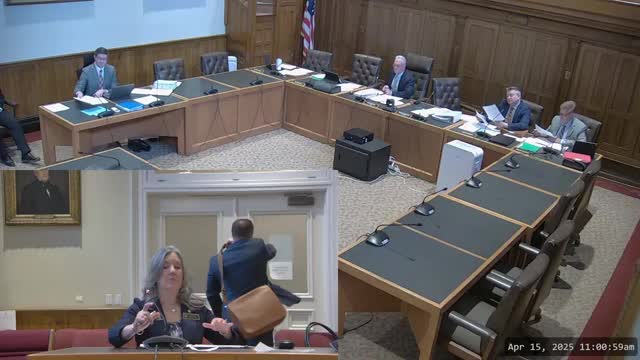
Bill would extend approvals and streamline building-code appeals to speed large projects, sponsor says
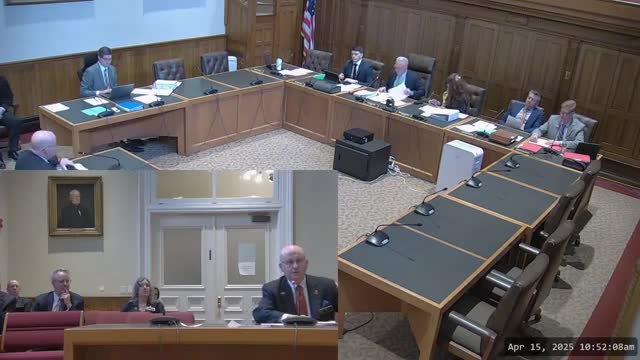
Bill would create curative process for undischarged mortgages, witnesses say it would reduce title litigation
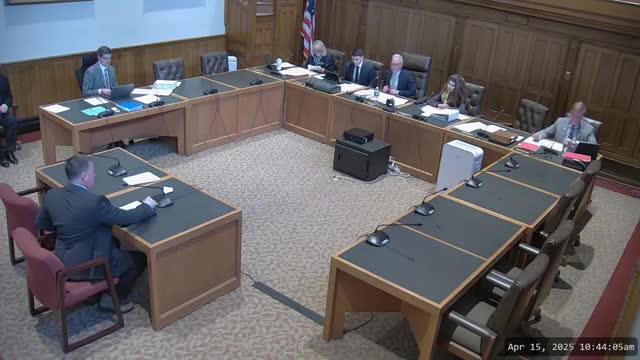
Committee considers amendment to allow unequal auto-loan payments; dealers and Ford support option
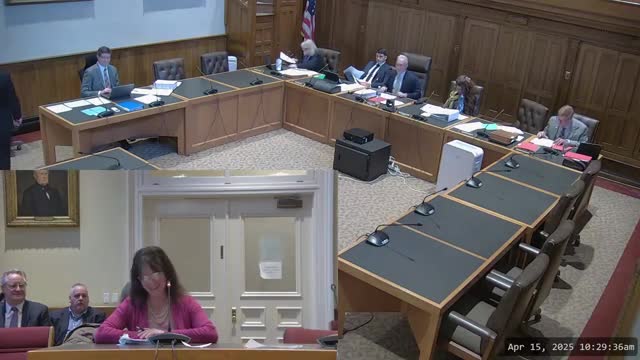
Parking minimums debate: towns urge local control as bill would cap required spaces
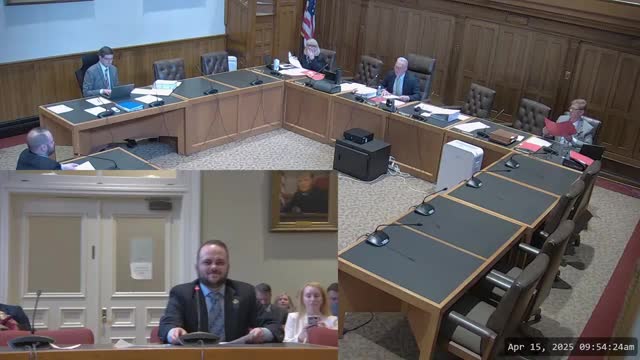
Committee hears mixed views as bill would allow manufactured homes by right in residential zones
